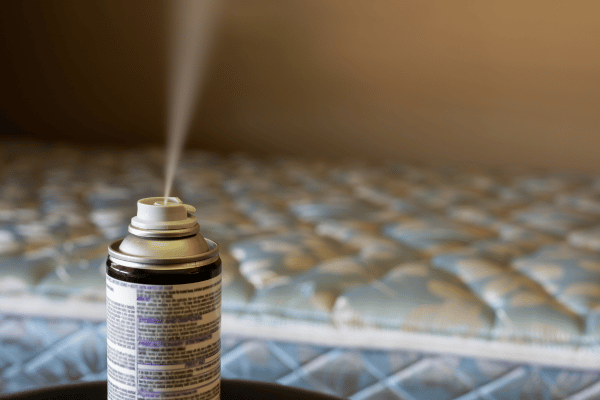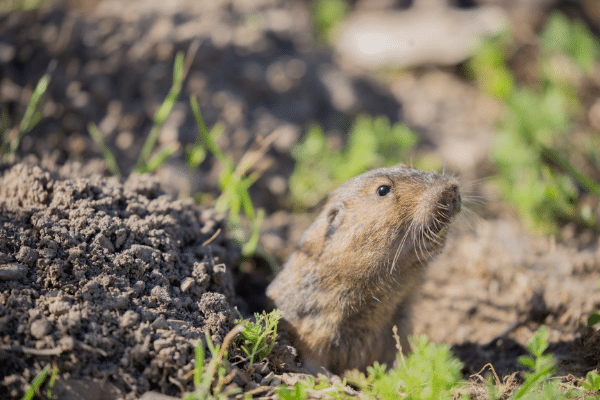- Home
- Trapping Mice
- Mice Droppings
Mice Droppings
This post may contain affiliate links so I earn a commission.
If you've been wondering what those little things are that look like black grains of rice scattered about your kitchen, wonder no more....they're mice droppings.
Because mice are such secretive creatures and ordinarily only come out of their nests and hiding places at night, the droppings will often be the most obvious sign that you have mice in your home.
However, where you see feces, there will also be urine and dander.
Mice produce their droppings, and urine, nearly nonstop.
The average mouse can produce up to 75 droppings during a 24 hour period because their alimentary tract is quiet only when the mouse is sleeping.
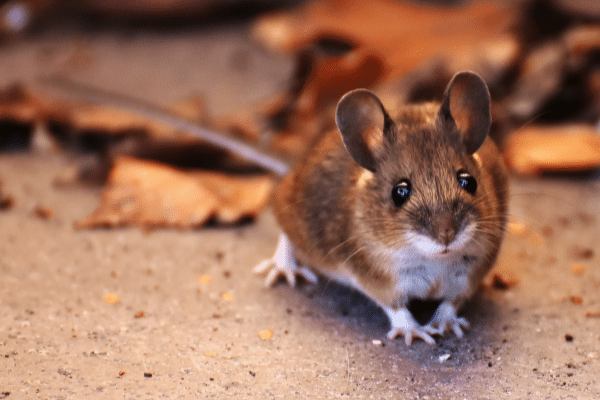
While the droppings can be scattered wherever the mouse has traveled in your home, they will usually be concentrated where the animal was feeding.
For example, if a mouse has broken into your cupboard and chewed into a box of food, you will likely find numerous droppings at the site.
The droppings of mice can pile up to truly horrific levels.
Spaces in the walls or in ceilings or floors can be packed with years of accumulation.
The Dangers Of Mice Droppings
Mice droppings are not just aesthetically repugnant, they can also spread disease that can seriously affect you and your family.
In many cases, the danger is greatest when the droppings have dried out, break, and the fecal particles become airborne.
Hantavirus is an extremely dangerous and serious infection spread by mice feces and urine.
This disease affects not only the lungs, but the gastrointestinal system and kidneys.
Hantavirus can cause failure of the heart, lungs, and kidneys.
There is no cure for hantavirus, it is only possible to treat the symptoms.
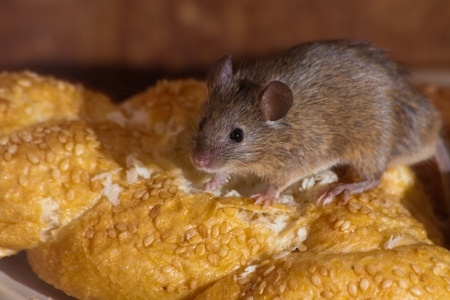
Salmonella is associated with the consumption of contaminated food.
Whenever you find that mice have gotten into any food, that food should be thrown out instantly.
This applies to pet food as well since your dog or cat can also become ill from salmonella.
Those who develop food poisoning from salmonella will suffer from vomiting, diarrhea, and cramps.
Asthma has also been linked to the droppings, urine, and dander of mice.
This is a potentially dangerous respiratory disease, mostly of children.
Safely Cleaning Up After Mice
It is of course, important to remove mice droppings as soon as possible.
If you find these droppings in your cupboard, on the counter, or along the floor, it’s important to use precautions to prevent picking up any illness from them.
It is also important to prevent dust from dry droppings being spread about.
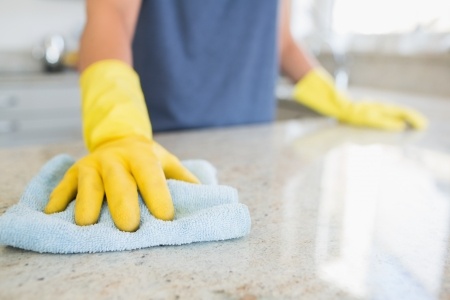
Always wear disposable gloves when cleaning up droppings.
Use a paper towel moistened with a water/bleach solution to initially pick up the droppings.
This will prevent them from breaking open and spreading pathogens through the air.
Alternatively, you can spray the droppings with a solution of bleach and water to prevent the spread of dust and kill any viruses or bacteria that may be present.
Once the droppings have been removed, use hot, soapy water to clean the area thoroughly.
In order to guarantee that viruses and bacteria are completely gone, disinfect the area with bleach or alcohol.
For large areas such as contaminated floors, use a solution of bleach in water.
Rugs that have been soiled by mouse feces should be steam cleaned and any clothes or bedding on which droppings have been found should be washed in hot water.
Any items that cannot be cleaned, such as cardboard boxes or paper bags that show any sign of contamination should be thrown out.
Keeping Mice Under Control
You need not be totally at the mercy of these tiny, dangerous invaders, there are steps you can take to help keep your home as free of mice and mice droppings as possible.
Set traps wherever you have found droppings.
Traps should also be set along the edges of the walls as mice like to scamper along these semi-protected areas.
There are numerous types of traps to choose from: snap traps, glue traps, electronic traps, and live traps among others.
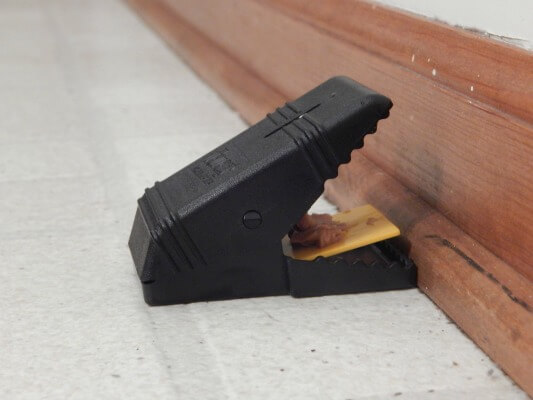
Poison baits can be effective at reducing an infestation, but extreme care should be taken if you have children or pets.
Dogs or cats that eat a poisoned mouse will often become poisoned themselves.
Sealing up points where the mice may be entering your home can keep more from getting in.
Use something to plug entry holes, such as aluminum foil or steel wool to keep mice out (steel wool can be combined with putty or caulking for a more effective barrier).
Check around the foundation of your home and also at any places where pipes may enter the foundation.
Use disposable gloves when removing dead mice from the home; they can still spread disease.
Wash the area where the corpse was located with a bleach solution, too.

